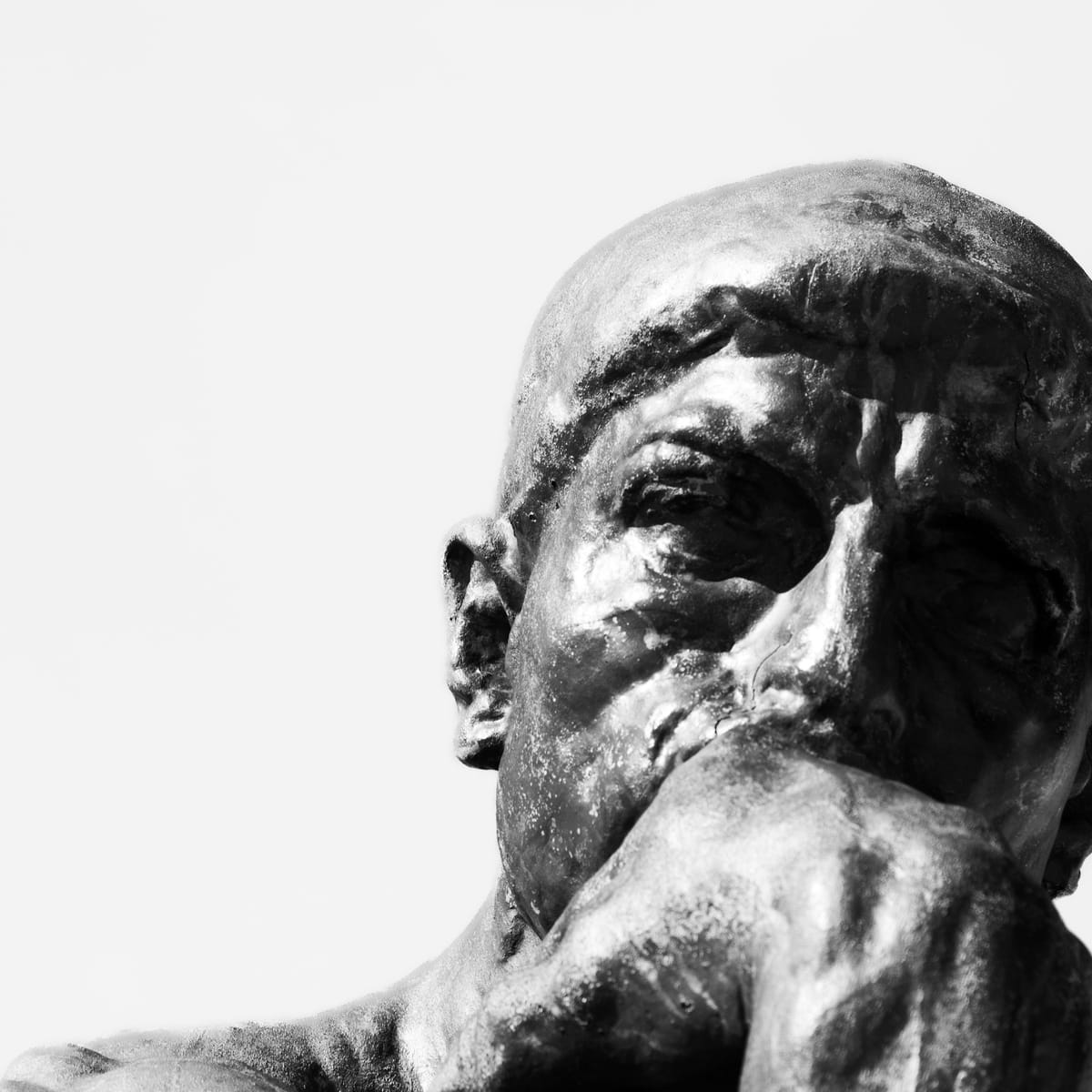Debate: AI: the art of humanity
Whether you’re into music, fine art or writing, employed as a programmer or journalist, or expected to provide critical insights and judgments – like a doctor with a patient – AI has become impossible to ignore.

Battle of Ideas festival, Sunday 19 October, London.
AI continues its seemingly unstoppable encroachment into every aspect of life, throwing up major philosophical questions. Whether you’re into music, fine art or writing, employed as a programmer or journalist, or expected to provide critical insights and judgments – like a doctor with a patient – AI has become impossible to ignore.
Large Language Models (LLMs), like ChatGPT, can draw upon terabytes of human knowledge – already scanned, sorted and indexed – producing answers, artefacts and outputs in seconds, far beyond the capability of any individual human mind.
And yet, the central question is whether any of these outputs are in any sense human. Does it matter if something is partially or entirely created without human input? As humans, veracity and authenticity matter to us. Many insist that, however sophisticated these models get, they are only ever highly sophisticated prediction engines. They offer up answers with impressive confidence, but never perfect accuracy, and are always reliant on the user’s prompting. No AI is actually sentient, autonomous or able to imagine or genuinely reason.
Some argue that this distinction does not matter to the untrained eye. Is ‘good enough’ now… good enough? Do we care if an AI produces a passable pop song all by itself or generates an entire film from a single prompt? AI can offer a reasonably accurate prediction, after sifting through mountains of data, that otherwise might take a clinician months. AI can access seemingly unlimited knowledge, prototypes and stimulus, at little cost or effort. Aren’t these, on balance, good things?
But as singer and songwriter Nick Cave has argued, what makes something relatable, authentic and trustworthy is when we know it’s the result of someone’s intellectual and creative struggle. ‘Songs arise out of suffering, by which I mean they are predicated upon the complex, internal human struggle of creation and, well, as far as I know, algorithms don’t feel.’
Every technological advance seems to have prompted concerns about the blurring line between man and machine. Perhaps we should think of AI like the advent of the printing press, which expanded access to knowledge beyond the domain of the few. Or is the interaction with LLMs, and their staccato output, robbing us of what’s essentially human: being in a dialogue with messy, unpredictable others? For all the worries about whether AIs can be human, perhaps the real worry, with the explosion in AI-written essays and artworks, is that humans are becoming a little more like AI?
Speakers
Simon Cullen – faculty research fellow; visiting research professor of civil discourse and artificial intelligence, Heterodox Academy
Lauren Razavi – executive director, Plumia; author, Global Natives
Producer and chair
Martyn Perks – co-author, Big Potatoes: the London manifesto for innovation; former Islington by-election independent candidate; property investment broker